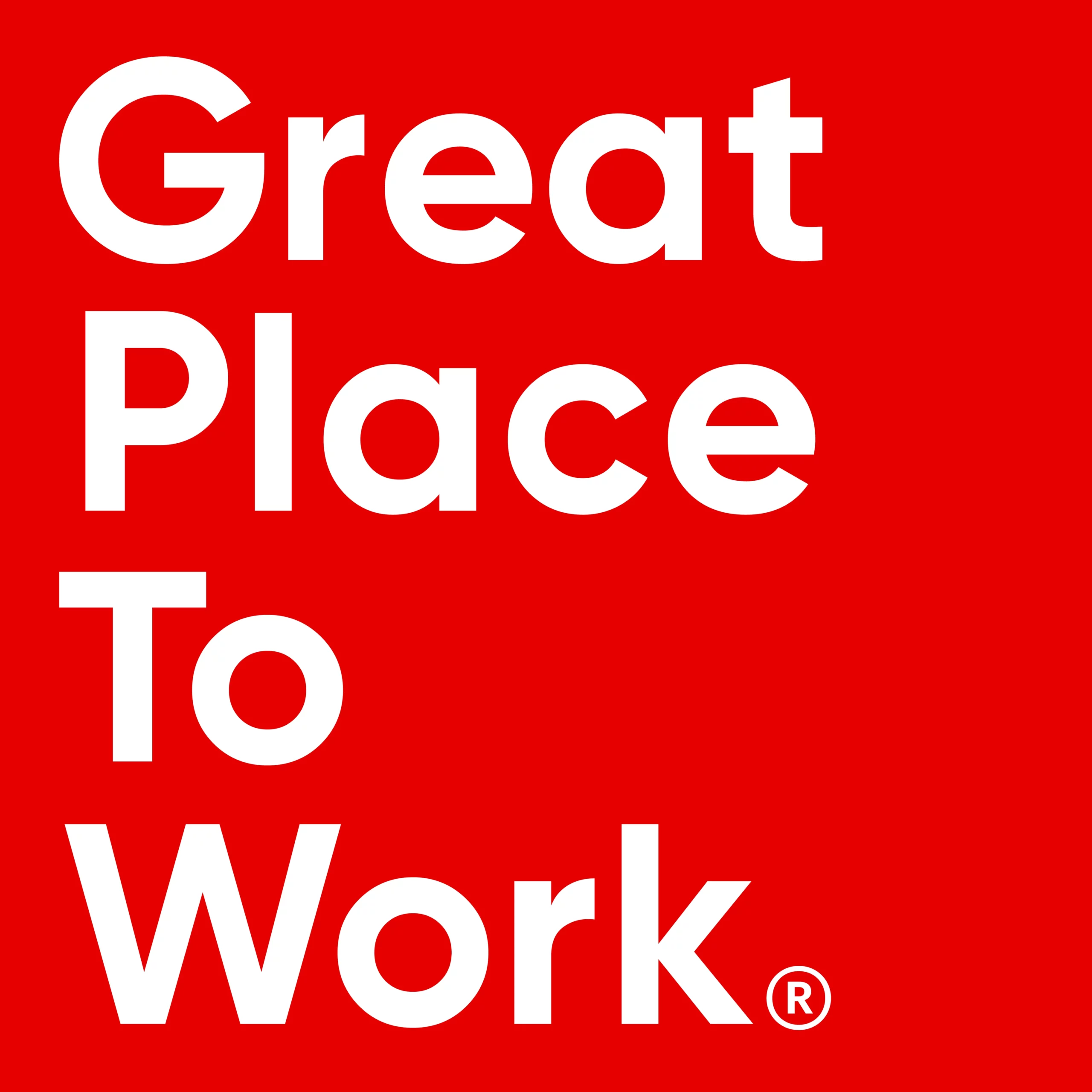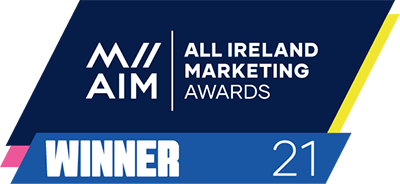As we turn the page and head into, not only a new year but also a new decade, it is a time that the majority of us will set goals for the following 12 months as a way to satisfy our human need for progression and the sense of growth.
Setting goals for a year can be a challenge in itself, ensuring that as the SMART theory proposes, goals are specific, measurable, achievable, relevant and time bound. However, have you ever given consideration to setting goals for a 10 year period? This is a very different challenge and outlined are some points to consider if you are looking far ahead into your career.
Start by studying yourself
Reflective practice has found prominence in the business world where professionals are urged to spend time understanding ones strengths, identifying areas for improvement and setting out future action points.
In order to understand where you want your career to be in 10 years-time it is important to understand what level you are currently operating at? Do you see yourself as a future C-Suite executive, by reflecting now you may realise that you possess strengths around strategic thinking and technical aspects of your role but lack in terms of leadership and public speaking. From spending time better knowing yourself at this present moment in time will give you the platform to put in place actions to improve on weaknesses.
To build a reflective habit and mindset typically requires three key elements:
A willingness to reflect on your career experiences and personal traits to increase learning from them.
Repeated reflection over the period of 10 years is vital to ensure that you build the learning processes and see the value each time you go through the cycle.
Doing this over a longer time frame will highlight patterns and opportunities for your learning that you may have missed.
Create a career vision statement using your why?
Seeing the bigger picture is what will enable you to drive your career in the direction you wish. By creating a vision of yourself in ten years-time, you will provide a framework from which to evaluate the goals you have defined along the way.
This is something that does not come easy to everyone, and so in order to project your minds eye ten years ahead think about:
How do you define career success?
What do you enjoy doing in your work?
What do you think you are capable of accomplishing given the right resources and circumstances?
Who are the people you most admire and why?
Once you start to map your vision out, it is then important to understand why you want to get to this point? Every person who is successful in creating and realising a vision understands and records the motivation for the vision which will create the longevity and direction for the how, over the course of a decade.
Share your vision
Depending on your current role/situation will determine who you communicate your vision to. If you are a business owner or heading up a division you may have a 10 year vision that is more closely aligned to your company and the team’s performance, in which case it is important to share the vision with them to create alignment. You may be at the start of your professional career in which case sharing with your current company will ensure they can work with you to meet your career goals moving forward.
The process of sharing creates a commitment that bounds you to stick with your vision, to continue to drive yourself and create an environment where you can seek support.
Work backwards from your vision with a flexible timeline
You now have an idea of the future you in your career, you have understood where you want to be, why you want to be there and have shared this vision with others. The framework is in place so now it’s time to put the plan into action, the best approach is to work backwards from your ten year point.
The reason it is important to reverse plan is to ensure that you focus on the outcome rather than on things that can go wrong.
In order to put this into action you should look to do the following:
Identify the steps and sequences required to reach your vision.
Create a deadline driven timeline by committing plans and dates to paper to support each step or sequence. It is important to be flexible with your timeline and give yourself a range of time to work within so that you can reduce anxiety/stress on hitting the specific dates.
Seek support. As mentioned sharing your vision will ensure people are aligned to your overall goal and to seek support along the way will keep you on track to meet the steps and sequences set out.
Recognise progress as you go
If you only reward yourself on the turn of 2030 then you will find it very difficult to maintain the drive to reach your end goal. Look at ways that you can give yourself a pat on the back and recognise the progress you have made. Referring back to the first point in this article you can see how building a reflective habit is important as it will show you how far you have come, where your wins are and what you need to focus on. How you reward your progress is the fun part and also entirely up to you.








